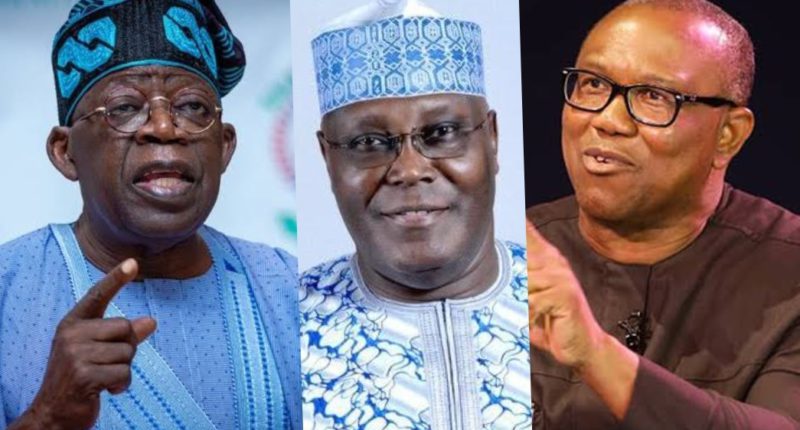Nigeria is bracing for one of the toughest presidential elections in its recent history as, since the country returned to democratic rule in 1999, they have contested the presidency between two parties. For the 2023 presidential elections of February 25th, there are at least three leading presidential candidates, namely Peter Obi of the Labour Party, Alhaji Atiku Abubakar of the People’s Democratic Party (PDP) and Bola Ahmed Tinubu of the All-Progressive Congress (APC). These big guns are setting aside their past collaboration to win the ultimate national seat.
To battle the nation’s long history of election fraud, the Independent National Electoral Commission (INEC) is introducing two key technologies, including the Bimodal Voter Accreditation System (BVAS) and INEC Election Result Viewing Portal (IREV). While BVAS is an authenticator device that identifies and accredits voters’ biometric details, including fingerprints and photo identity, IREV is a live portal that enables the public to view election results in real-time.
Furthermore, INEC uploaded its voters register online for the public to vet and criticize the electoral body of any election related misdemeanor just to prove its stance of fairness.
Candidates
Mr. Peter Obi of the Labour Party and two-term governor of Anambra state is relatively a newcomer to the country’s national political space; although he served as a running mate to Alhaji Atiku of PDP in 2019; a leading candidate in the 2023 presidential race. The presidential candidate, a southeastern, with running mate Senator Yusuf Datti Ahmed, is looking to break the dominance of the PDP and APC who have jointly led the country for 24 years. Peter Obi’s chances of victory are much higher than ever before, having won the hearts of many Nigerians, especially the youths.
Alhaji Atiku Abubakar of PDP, is a former Vice President of Nigeria and a five time comer to the biggest national election in the country. Plagued with internal crises that do not seem to end any sooner, Atiku’s presidential ship is looking unstable. Regardless, the former Vice President is taking his campaign around the country with a promise of a return to the relatively good times, which seems very distant in the memory of the country’s citizens.
Bola Ahmed Tinubu, the presidential candidate of Nigeria’s ruling party and a two-term governor of Lagos State, Nigeria’s commercial city, built his presidential ambition on the claim that it is time for his ethnic group (the Yorubas) to rule. Tinubu and his running mate Shettima could make history by becoming just the second pair to run on a Muslim running mate ticket and win. A southwestern, Tinubu, is facing public scrutiny for drug allegations, falsifying his age, altering educational credentials, having a health crisis, etc. all of which pose a major threat to the former governor’s political ambition. Tinubu, however, has the full support of the APC, Nigeria’s ruling party.
There are also other prominent candidates, including Omoyele Sowore of the African Action Congress (AAC) and former governor of Kano, Rabiu Kwankwaso of the New Nigeria Peoples Party (NNPP) who is a strong contender in Northern Nigeria; the region which commands a high-turnout in elections.

